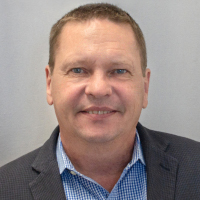On Target Series
The key is to adapt to the business environment.
Read More
Creating Winning Proposals For Hyperscale Tenants
Get buy-in for a win-win.
March 18, 2019
Data Center Commissioning For Data Center Hyperscale
Today’s hyperscalers are dictating the new standard in both design and commissioning.
January 21, 2019
UL Introduces Channel Partner Program Supporting UL Cloud Certification
Leveraging equipment manufacturers and more.
November 12, 2018
Get our new eMagazine delivered to your inbox every month.
Stay in the know on the latest data center news and information.
SUBSCRIBE TODAY!Copyright ©2024. All Rights Reserved BNP Media.
Design, CMS, Hosting & Web Development :: ePublishing

